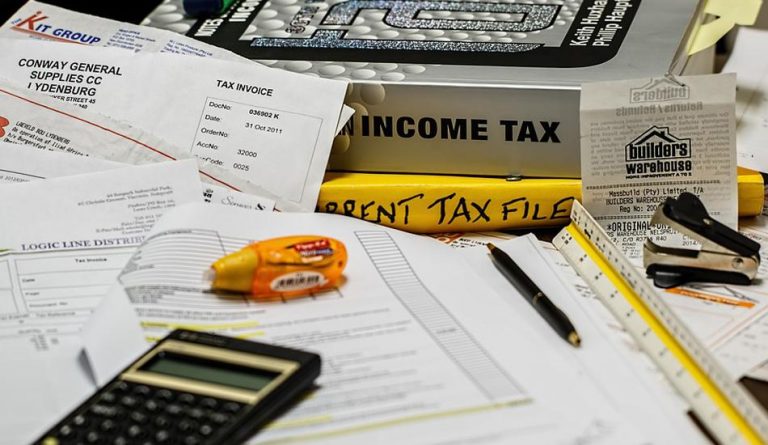President Joe Biden is reportedly planning the first-ever significant tax hike that has occurred in the past three decades of American history in a bid to fund his following spending proposal.
This massive infrastructure plan could cost the country up to $4 trillion. Biden wants to increase both individual and corporate taxes. For individuals who make more than $400,000 per annum, the proposal is to raise tax rates from 37 to 39.6 percent. Plus, they will also have to pay 12.4 percent social security payroll tax. Biden wants the rates increased to 28 percent from the present 21 percent when it comes to corporate tax.
Andrew Silverman, a tax analyst from Bloomberg Intelligence, points out that middle-class families will be spared from a direct tax increase. But this is not the case with a hike in corporate taxes since it can hurt lower-income and middle-income groups.

“Raising the corporate tax rate has, in many ways, a broad economic impact… It doesn’t distinguish between large and small corporations. Taxes on corporations might reduce the amount that they can contribute to mutual funds, pension fund holders, and employee stock plans, as well as how much they pay employees,” he told Bloomberg.
The plan to raise taxes was something that Biden had proposed during his presidential campaign. He had promised to reverse Trump’s 2017 tax cut on the first day he assumed power.
Success
You are now signed up for our newsletter
Success
Check your email to complete sign up
The Biden administration’s tax plan
Whatever tax plan Biden finally passes, it will most likely come into effect in 2022. According to an analysis conducted by the Tax Policy Center, the proposal can potentially raise up to $2.1 trillion in revenue over ten years.
Some Republican lawmakers have expressed concerns about raising taxes during the pandemic when businesses are already struggling.
A Tax Foundation study predicts almost 159,000 American jobs to be lost and wages to decrease by 0.7 percent if corporate taxes are raised to 28 percent.
Moreover, the long-term economic output is forecast to decline by 0.8 percent. As such, getting the policy passed in a Senate split 50-50 between Democrats and Republicans could be difficult, especially since some Democrats might oppose the tax plan.
Plunging tax refunds
Meanwhile, the Internal Revenue Service (IRS) has reported a significant 32 percent drop in the number of refunds sent out for the current tax filing season when compared to the previous year.
The current filing season began two weeks late, on February 12, which is one reason for the decline in tax refunds. Taxpayers have filed 12.3 million fewer tax returns this season. The IRS has only processed 25 percent of the tax returns submitted as of March 6.
“The numbers of filings are down as are the related numbers of refunds because taxpayers began filing later than usual, but this is not surprising because there have been fewer processing days in 2021 compared to the same period in 2020… However, given the number of days the IRS has been open for processing, the number of tax returns filed each day is up sharply this year compared to 2020,” the IRS said in a statement.
Given the lower numbers, some House Democrats call for a delay of the April 15 deadline and allowing more time for taxpayers to file their returns. The IRS has to deal with the filings and distribute the $1,400 pandemic payments to eligible Americans.
Follow us on Twitter or subscribe to our weekly email
















